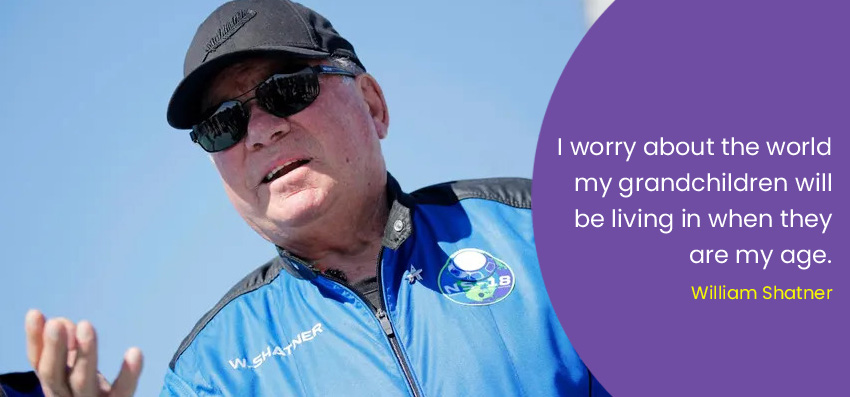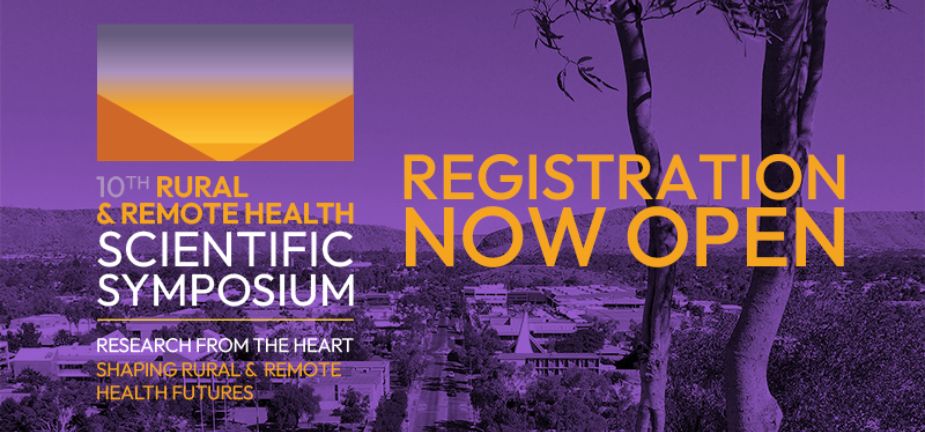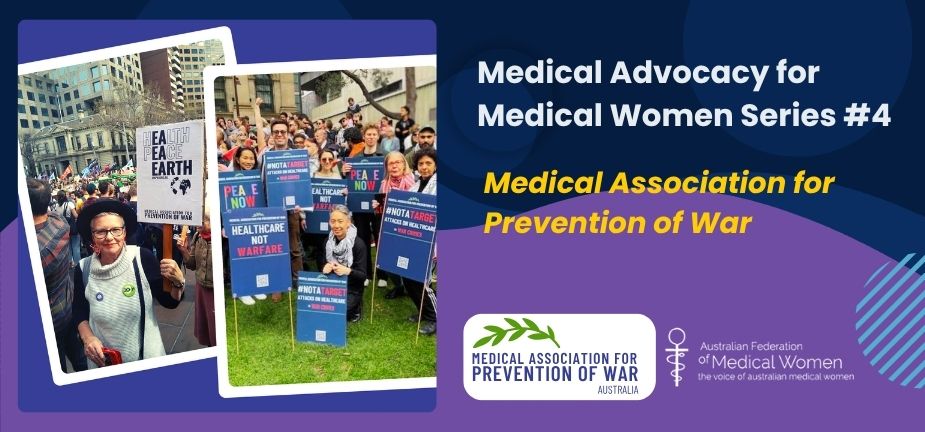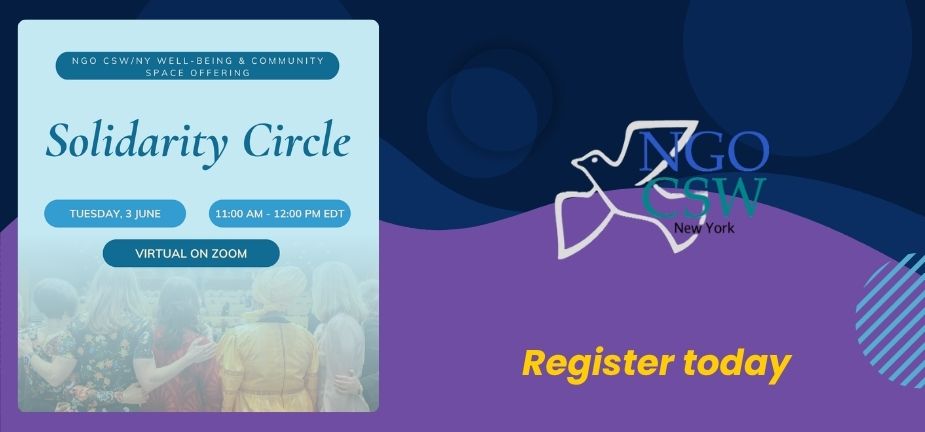The AFMW Climate Health Action Group ( CHAG) has been very active welcomes new participants as this will be a year where we join forces with more peak bodies and become even more vocal around the need to shift the dial closer towards helping to preserve our precious planet and its inhabitants so that earth may live long and prosper. William Shatner had his say on the matter in this The Guardian article after visiting outer space recently.
My trip to space made me realise we have only one Earth – it must live long and prosper (The Guardian Article)
Last year, at the age of 90, I had a life-changing experience. I went to space, after decades of playing a science-fiction character who was exploring the universe and building connections with many diverse life forms and cultures. I thought I would experience a similar feeling: a feeling of deep connection with the immensity around us, a deep call for endless exploration. A call to indeed boldly go where no one had gone before.
I was absolutely wrong. As I explained in my latest book, what I felt was totally different. I knew that many before me had experienced a greater sense of care while contemplating our planet from above, because they were struck by the apparent fragility of this suspended blue marble. I felt that too. But the strongest feeling, dominating everything else by far, was the deepest grief that I had ever experienced.
While I was looking away from Earth, and turned towards the rest of the universe, I didn’t feel connection; I didn’t feel attraction. What I understood, in the clearest possible way, was that we were living on a tiny oasis of life, surrounded by an immensity of death. I didn’t see infinite possibilities of worlds to explore, of adventures to have, or living creatures to connect with. I saw the deepest darkness I could have ever imagined, contrasting starkly with the welcoming warmth of our nurturing home planet.
This was an immensely powerful awakening for me. It filled me with sadness. I realised that we had spent decades, if not centuries, being obsessed with looking away, with looking outside. I played my part in popularising the idea that space was the final frontier. But I had to get to space to understand that Earth is, and will remain, our only home. And that we have been ravaging it, relentlessly, making it uninhabitable.
I was born in Montreal in 1931. During my lifetime, this world has changed faster than for any generation before us. We are now at an ecological tipping point. Without the bold leadership that the times require, we are facing further climate breakdown and ecosystems collapsing before our eyes, with as many as one million species at risk of extinction, according to the latest scientific assessments.
Delegates conferring during a contact group on targets of the draft global biodiversity framework (GBF) in Montreal, Canada.
And of all places, it is in the city where I was born that a crucial meeting of the United Nations is being held. At Cop15, the UN biodiversity summit in Montreal, taking place from 7 to 19 December, world governments will negotiate a global deal to stop the loss of biodiversity by the end of the decade. We need world leaders to give their diplomats a powerful mandate for these talks: agree on strong targets to change the way we produce food, to drastically cut pollution, and to conserve 50% of our planet’s land and ocean, with the active leadership of Indigenous peoples and local communities, who have historically been pioneers on all these necessary actions.
I was the oldest man to go to space. I worry about the world my grandchildren will be living in when they are my age. My generation is leaving them a planet that might pretty soon be barely livable for many of Earth’s inhabitants. My experience in space filled me with sadness, but also with a strong resolve. I don’t want my grandchildren to simply survive. I want them, as an old friend used to say, to be able to live long and prosper.
I will do everything I can so that we can protect our one and only home. Our world leaders have an immense responsibility to do the same in Montreal.
William Shatner is a Canadian actor who played Captain James T Kirk in Star Trek for almost 30 years. He is also author of Boldly Go: Reflections on a Life of Awe and Wonder
Photograph: Mike Blake/Reuters
Associate Professor Magdalena Simonis AM is a Past President of the AFMW (2020-2023), former President of VMWS (2013 & 2017-2020) and current AFMW National Coordinator (2024-2026). She is a full time clinician who also holds positions on several not for profit organisations, driven by her passion for bridging gaps across the health sector. She is a leading women’s health expert, keynote speaker, climate change and gender equity advocate and government advisor. Magda is member of The Australian Health Team contributing monthly articles.
Magdalena was awarded a lifetime membership of the RACGP for her contributions which include past chair of Women in General Practice, longstanding contribution to the RACGP Expert Committee Quality Care, the RACGP eHealth Expert Committee. She is regularly invited to comment on primary care research though mainstream and medical media and contributes articles on various health issues through newsGP and other publications.
Magdalena has represented the RACGP at senate enquiries and has worked on several National Health Framework reviews. She is author of the RACGP Guide on Female Genital Cosmetic Surgery and co-reviewer of the RACGP Red Book Women’s Health Chapter, and reviewer of the RACGP White book
Both an RACGP examiner and University examiner, she undertakes general practice research and is a GP Educator with the Safer Families Centre of Research Excellence, which develops education tools to assist the primary care sector identify, respond to and manage family violence . Roles outside of RACGP include the Strategy and Policy Committee for Breast Cancer Network Australia, Board Director of the Melbourne University Teaching Health Clinics and the elected GP representative to the AMA Federal Council. In 2022. she was award the AMA (Vic) Patrick Pritzwald-Steggman Award 2022, which celebrates a doctor who has made an exceptional contribution to the wellbeing of their colleagues and the community and was listed as Women’s Agenda 2022 finalist for Emerging Leader in Health.
Magdalena has presented at the United Nations as part of the Australian Assembly and was appointed the Australian representative to the World Health Organisation, World Assembly on COVID 19, by the Medical Women’s International Association (MWIA) in 2021. In 2023, A/Professor Simonis was included on the King’s COVID-19 Champion’s list and was also awarded a Member (AM) in the General Division for significant service to medicine through a range of roles and to women’s health.










